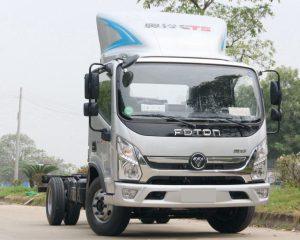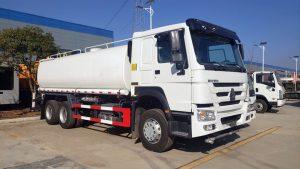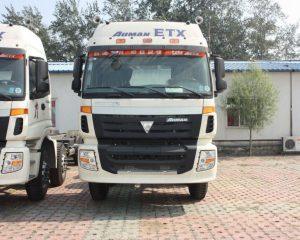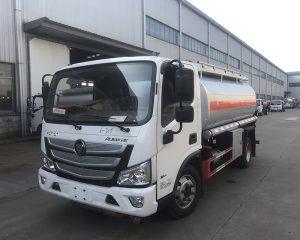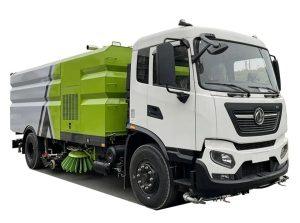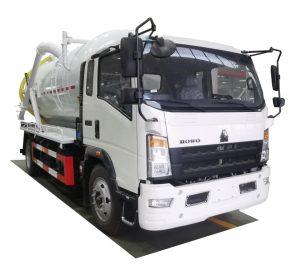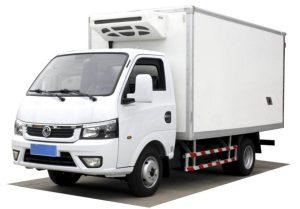Monday to Saturday - 8:00 -17:30
Understanding Firefighter Truck Prices: A Comprehensive Guide
Firefighter trucks, also known as fire engines, play a crucial role in firefighting operations. They are designed to transport firefighters and their equipment to emergency sites and are essential for battling fires, rescuing individuals, and responding to various emergencies. However, purchasing a firefighter truck involves considerable investment, and understanding the factors influencing the price is vital for fire departments and municipalities. This article will explore every aspect of firefighter truck prices, including the types of fire trucks available, factors affecting pricing, maintenance costs, purchasing options, and much more.
Types of Firefighter Trucks
Before diving into pricing, it’s essential to understand the different types of firefighter trucks available on the market. Each type serves specific purposes, which also impacts its cost.
1. Pumper Trucks
Pumper trucks are the most common type of fire trucks, designed primarily for transporting water and firefighting personnel. They come equipped with a pump, hoses, and water tanks.
2. Ladder Trucks
Ladder trucks are vital for high-rise building fires. They come with extendable ladders that can reach significant heights, allowing firefighters to access upper floors for rescue or firefighting operations.
3. Tanker Trucks
Tanker trucks are designed to transport significant amounts of water to areas without hydrants. This makes them essential in rural areas where water supply may be limited.
4. Brush Trucks
Brush trucks are lighter, more maneuverable vehicles used to fight wildfires and navigate through rough terrains. They typically carry smaller water tanks and are equipped to handle less intense fire situations.
5. Rescue Trucks
Rescue trucks specialize in emergency medical services and technical rescues. They carry medical equipment, tools, and supplies for various emergency scenarios.
Factors Influencing Firefighter Truck Prices
Understanding the factors that influence firefighter truck prices can help departments make informed purchasing decisions. Below are the primary factors affecting costs.
1. Type of Truck
The type of fire truck significantly impacts its price. For instance, a ladder truck typically costs more than a pumper truck due to its specialized equipment and capabilities.
2. Specifications and Features
Additional specifications, such as the size of the pump, hose length, and vehicle materials, can increase costs. Custom features tailored to specific fire department needs also contribute to pricing.
3. Manufacturer and Brand
Different manufacturers price their trucks differently based on brand reputation, quality, and service support. Popular brands often command higher prices due to their reliability and proven performance.
4. New vs. Used Trucks
The price will greatly differ between new and used firefighter trucks. New trucks may range from $250,000 to over $1 million, while used trucks can cost significantly less but may require more maintenance.
5. Location and Shipping Costs
The geographical location can influence truck prices. Furthermore, shipping costs can add to the total expense, especially if the manufacturer is far away.
6. Financing and Lease Options
Many departments may opt for financing or leasing, which can affect overall costs. Understanding financing rates and leasing terms will be crucial for budgeting.
Typical Firefighter Truck Prices
A general understanding of firefighter truck prices helps in budgeting and planning. Below is an overview of typical prices based on truck types.
| Truck Type | Average Price Range |
|---|---|
| Pumper Truck | $300,000 – $500,000 |
| Ladder Truck | $700,000 – $1,200,000 |
| Tanker Truck | $200,000 – $400,000 |
| Brush Truck | $150,000 – $250,000 |
| Rescue Truck | $250,000 – $450,000 |
Financing Options for Firefighter Trucks
Due to the high cost of firefighter trucks, many departments explore various financing options. Here are commonly used methods:
1. Government Grants
Many local governments provide grants for fire departments to purchase essential equipment. Researching available federal, state, or local grants can be beneficial.
2. Municipal Budgets
Fire departments may allocate funds from their annual budgets for truck purchases. It’s essential to plan for long-term capital expenditures effectively.
3. Leasing Options
Leasing can be an effective way for departments to acquire necessary trucks without upfront costs. It allows for budget flexibility while providing new equipment.
Maintenance and Operational Costs
The purchase price of a firefighter truck is only one part of the equation; ongoing maintenance and operational costs are also significant considerations.
1. Regular Maintenance
Regular maintenance, including inspections and servicing, is crucial for keeping trucks in optimal condition. This may account for 10-15% of the overall truck cost annually.
2. Fuel Costs
Fuel consumption should also be factored into total operational costs. Larger trucks may consume more fuel, impacting overall budgets.
3. Insurance Costs
Insurance is another essential cost to consider. The type of truck, its value, and local regulations can impact the insurance rates.
Purchasing Options: Where to Buy Firefighter Trucks
After understanding the pricing and financing, it’s time to explore where to buy firefighter trucks.
1. Direct from Manufacturers
Buying directly from manufacturers can provide customization options and potentially better prices. Major manufacturers include Pierce, E-One, and Rosenbauer.
2. Authorized Dealers
Authorized dealers often have a variety of truck models and can provide financing options. They also offer after-sale services which can be beneficial for maintenance.
3. Auctions and Used Equipment Sales
Participating in auctions or purchasing from used equipment sales can yield significant savings. However, it’s vital to thoroughly inspect any used trucks for quality issues.
4. Online Marketplaces
Websites such as Fire Truck Mall and eBay offer platforms to buy firefighter trucks. However, buyers should ensure they are dealing with reputable sellers before making a purchase.
Choosing the Right Firefighter Truck for Your Department
Selecting the right truck is crucial for effective firefighting operations. Here are some tips for decision-making:
1. Assess Your Needs
Before purchasing, evaluate the specific needs of your department based on the communities you serve. Consider factors like call volumes and types of incidents.
2. Involve Key Stakeholders
Engaging firefighters, equipment managers, and other stakeholders in the decision-making process can help identify critical requirements and preferences.
3. Budget Wisely
Establish a realistic budget that includes not just the purchase price, but maintenance and operational costs for the lifetime of the truck.
FAQ Section
1. What is the average price for a firefighter truck?
The average price for a new firefighter truck ranges from $250,000 to over $1 million, depending on the type and specifications.
2. Are there government grants available for purchasing firefighter trucks?
Yes, various federal and state programs offer grants to assist fire departments in purchasing equipment, including firefighter trucks.
3. Is it better to buy new or used firefighter trucks?
Buying new trucks comes with modern features and warranties, while used trucks can save money but may require more maintenance. It depends on the department’s budget and needs.
4. What maintenance is required for firefighter trucks?
Regular inspections, servicing, and timely repairs are essential for maintaining firefighter trucks to ensure they function correctly during emergencies.
5. Can firefighter trucks be customized?
Yes, many manufacturers offer customization options to tailor trucks to specific needs and operational requirements of fire departments.
6. How do I find reputable sellers for firefighter trucks?
Research manufacturers, authorized dealers, and read customer reviews. Attending fire service expos can also help you meet sellers directly and assess their offerings.


